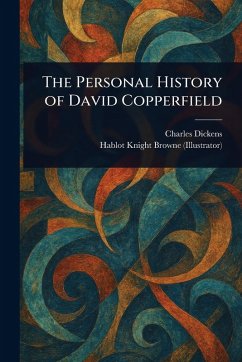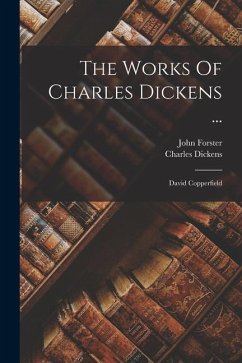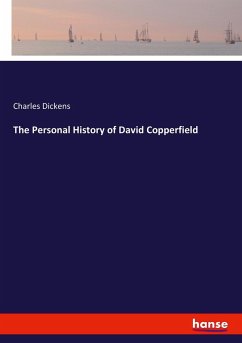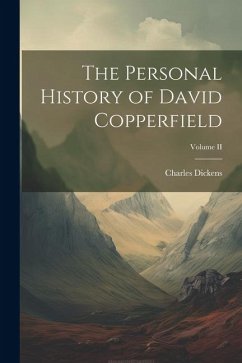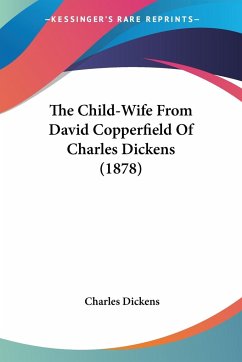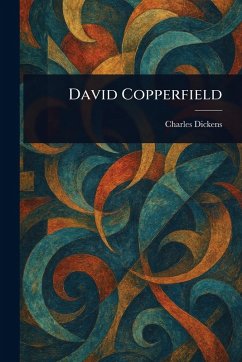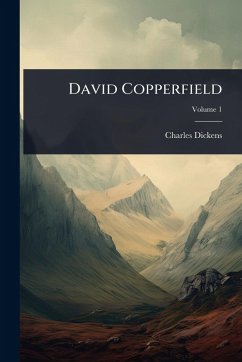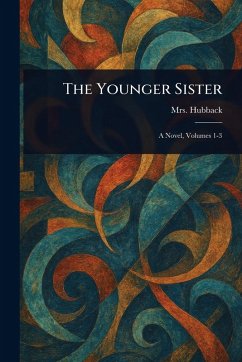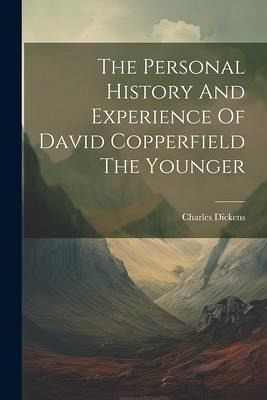
The Personal History And Experience Of David Copperfield The Younger
Versandkostenfrei!
Versandfertig in über 4 Wochen
34,99 €
inkl. MwSt.
Weitere Ausgaben:

PAYBACK Punkte
17 °P sammeln!
This classic novel by Charles Dickens tells the story of David Copperfield and his journey from childhood to adulthood, including his struggles with poverty and his search for love and happiness. Filled with memorable characters and vivid descriptions of Victorian England, this book is a must-read for fans of classic literature. This work has been selected by scholars as being culturally important, and is part of the knowledge base of civilization as we know it. This work is in the "public domain in the United States of America, and possibly other nations. Within the United States, you may fre...
This classic novel by Charles Dickens tells the story of David Copperfield and his journey from childhood to adulthood, including his struggles with poverty and his search for love and happiness. Filled with memorable characters and vivid descriptions of Victorian England, this book is a must-read for fans of classic literature. This work has been selected by scholars as being culturally important, and is part of the knowledge base of civilization as we know it. This work is in the "public domain in the United States of America, and possibly other nations. Within the United States, you may freely copy and distribute this work, as no entity (individual or corporate) has a copyright on the body of the work. Scholars believe, and we concur, that this work is important enough to be preserved, reproduced, and made generally available to the public. We appreciate your support of the preservation process, and thank you for being an important part of keeping this knowledge alive and relevant.




